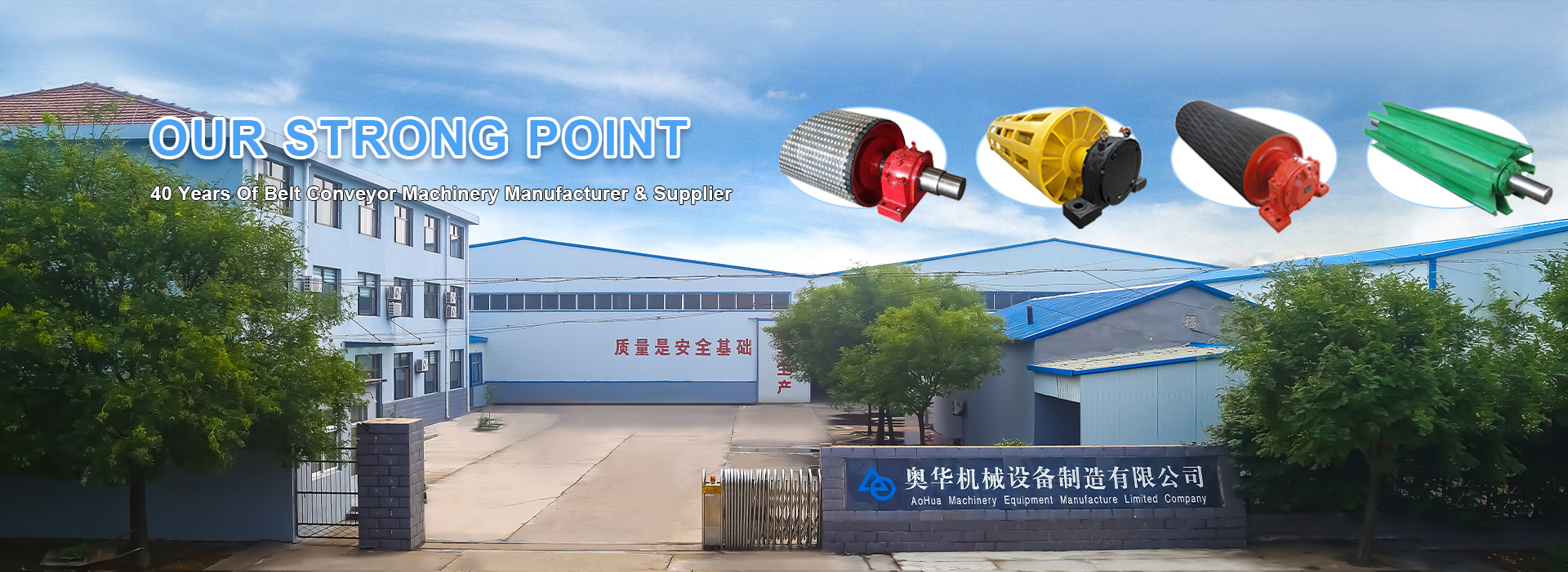 Afrikaans
Afrikaans  Albanian
Albanian  Amharic
Amharic  Arabic
Arabic  Armenian
Armenian  Azerbaijani
Azerbaijani  Basque
Basque  Belarusian
Belarusian  Bengali
Bengali  Bosnian
Bosnian  Bulgarian
Bulgarian  Catalan
Catalan  Cebuano
Cebuano  Corsican
Corsican  Croatian
Croatian  Czech
Czech  Danish
Danish  Dutch
Dutch  English
English  Esperanto
Esperanto  Estonian
Estonian  Finnish
Finnish  French
French  Frisian
Frisian  Galician
Galician  Georgian
Georgian  German
German  Greek
Greek  Gujarati
Gujarati  Haitian Creole
Haitian Creole  hausa
hausa  hawaiian
hawaiian  Hebrew
Hebrew  Hindi
Hindi  Miao
Miao  Hungarian
Hungarian  Icelandic
Icelandic  igbo
igbo  Indonesian
Indonesian  irish
irish  Italian
Italian  Japanese
Japanese  Javanese
Javanese  Kannada
Kannada  kazakh
kazakh  Khmer
Khmer  Rwandese
Rwandese  Korean
Korean  Kurdish
Kurdish  Kyrgyz
Kyrgyz  Lao
Lao  Latin
Latin  Latvian
Latvian  Lithuanian
Lithuanian  Luxembourgish
Luxembourgish  Macedonian
Macedonian  Malgashi
Malgashi  Malay
Malay  Malayalam
Malayalam  Maltese
Maltese  Maori
Maori  Marathi
Marathi  Mongolian
Mongolian  Myanmar
Myanmar  Nepali
Nepali  Norwegian
Norwegian  Norwegian
Norwegian  Occitan
Occitan  Pashto
Pashto  Persian
Persian  Polish
Polish  Portuguese
Portuguese  Punjabi
Punjabi  Romanian
Romanian  Russian
Russian  Samoan
Samoan  Scottish Gaelic
Scottish Gaelic  Serbian
Serbian  Sesotho
Sesotho  Shona
Shona  Sindhi
Sindhi  Sinhala
Sinhala  Slovak
Slovak  Slovenian
Slovenian  Somali
Somali  Spanish
Spanish  Sundanese
Sundanese  Swahili
Swahili  Swedish
Swedish  Tagalog
Tagalog  Tajik
Tajik  Tamil
Tamil  Tatar
Tatar  Telugu
Telugu  Thai
Thai  Turkish
Turkish  Turkmen
Turkmen  Ukrainian
Ukrainian  Urdu
Urdu  Uighur
Uighur  Uzbek
Uzbek  Vietnamese
Vietnamese  Welsh
Welsh  Bantu
Bantu  Yiddish
Yiddish  Yoruba
Yoruba  Zulu
Zulu Exploring the Benefits and Innovations of Impact Rollers in Modern Engineering Applications
Exploring the Impact of Roller Technology in Various Industries
In recent years, the term impact roller has gained significant traction across various fields, particularly in construction and manufacturing. This innovative technology plays a crucial role in improving efficiency and safety in diverse applications, ranging from heavy machinery to automated processes. In this article, we will delve into the various facets of impact roller technology, its applications, and its broader implications for industry.
What is an Impact Roller?
An impact roller is a mechanical device designed to distribute energy effectively during operations that involve significant force. Typically constructed with robust materials capable of withstanding high levels of stress, impact rollers are used primarily to transfer kinetic energy to the surfaces they come into contact with. This functionality is especially critical in applications such as road construction, material handling, and packaging.
The design of impact rollers varies depending on their specific use cases. Some are engineered for use in heavy machinery like excavators and bulldozers, while others are utilized in conveyor belts and automated systems. The core objective remains the same to optimize impact force, enhance performance, and reduce wear and tear on equipment.
Applications in Construction
In the construction industry, impact rollers are pivotal in the compaction of soil and asphalt. The ability of these rollers to exert substantial pressure helps achieve the desired density and stability of surfaces, which is essential for constructing roads, bridges, and foundations. Traditional compaction methods often resulted in uneven surfaces, leading to long-term durability issues. However, with the integration of impact roller technology, contractors can ensure a more uniform compaction process, significantly enhancing the life span of the structures.
Moreover, these rollers are increasingly being used in conjunction with advanced technologies such as GPS and automated control systems. This integration has revolutionized the monitoring processes, allowing for real-time feedback and adjustments during compaction to optimize performance further.
impact roller

Improvements in Manufacturing
The impact roller technology has also made significant strides in the manufacturing sector, particularly in material handling and processing. For instance, in the packaging industry, impact rollers play a critical role in ensuring that products are correctly aligned and securely packaged for distribution. Their ability to absorb shocks and vibrations helps maintain product integrity, reducing damage during transit.
Furthermore, automated systems equipped with impact rollers improve workflow efficiency. By minimizing interruptions and maintaining smooth operations, these systems contribute to higher productivity levels and reduced operational costs. The adaptability of impact rollers for various materials—ranging from fragile glass to heavy metals—demonstrates their versatility and vital role in modern manufacturing processes.
Environmental and Economic Implications
The advantages of impact roller technology extend beyond immediate operational improvements. By enhancing efficiency and reducing resource waste, companies can achieve significant cost savings over time. Additionally, the increased durability of construction and manufacturing processes contributes to lower repair and replacement costs, ultimately benefiting both businesses and consumers.
From an environmental standpoint, the adoption of impact roller technology can lead to more sustainable practices. Enhanced material compaction reduces the need for excess materials, leading to lower carbon footprints during construction. Similarly, more efficient manufacturing processes reduce energy consumption and waste.
Conclusion
The impact roller technology represents a significant advancement across various industries, especially in construction and manufacturing. Its ability to optimize force distribution, enhance operational efficiency, and contribute to sustainability makes it an invaluable asset in modern applications. As industries continue to evolve and emphasize innovation, the role of impact rollers will undoubtedly expand, leading to safer, more efficient, and environmentally friendly practices. The future of this technology holds great promise, marking a profound shift in how sectors approach their operational challenges.
-
Revolutionizing Conveyor Reliability with Advanced Rubber Lagging PulleysNewsJul.22,2025
-
Powering Precision and Durability with Expert Manufacturers of Conveyor ComponentsNewsJul.22,2025
-
Optimizing Conveyor Systems with Advanced Conveyor AccessoriesNewsJul.22,2025
-
Maximize Conveyor Efficiency with Quality Conveyor Idler PulleysNewsJul.22,2025
-
Future-Proof Your Conveyor System with High-Performance Polyurethane RollerNewsJul.22,2025
-
Driving Efficiency Forward with Quality Idlers and RollersNewsJul.22,2025





























